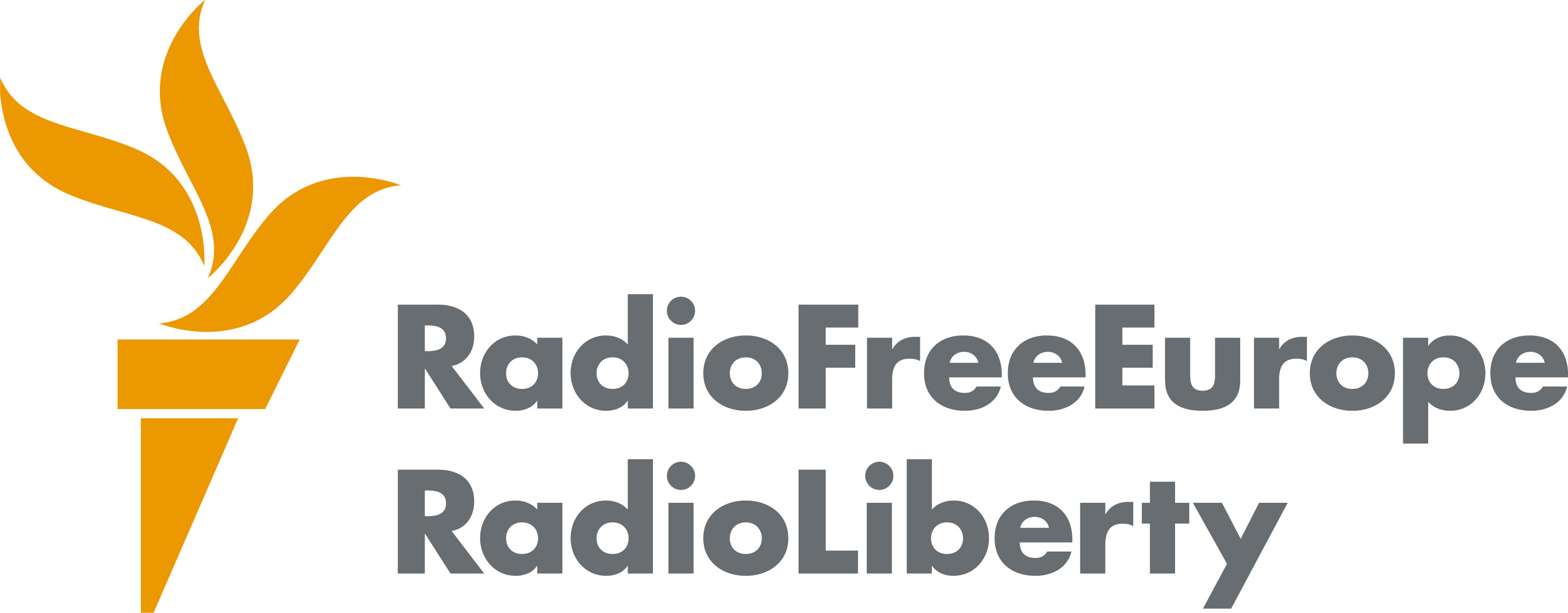Mapping Media Freedom: In review 2-16 June
Click on the dots for more information on the incidents.
Each week, Index on Censorship’s Mapping Media Freedom project verifies threats, violations and limitations faced by the media throughout the European Union and neighbouring countries. Here are five recent reports that give us cause for concern.
Azerbaijan: Relatives of journalist face 8.5-year prison sentences
A Baku prosecutor asked for an 8.5-year sentence for Rovshan and Rufat Zahidov, relatives of Azadliq (Radio Liberty) newspaper editor-in-chief Ganimat Zahid on charges of drug possession, the media outlet reported. Rufat and Rovshan Zahidovs were arrested in July 2015 and accused of the possession and sale of drugs. The hearing of the case began in February 2016. Ganimat Zahid lives in exile and runs Azerbaijan Hour online TV channel. Zahid served 28 months of a four- year sentence in retaliation for his critical journalism wrote CPJ following Zahid’s release in 2010. Zahid was convicted under articles 127.2.3 (hooliganism with intentional infliction of minor bodily harm) and 221 (hooliganism).
France: Police hit journalists with batons during protests
Police forces pushed, shoved and hit journalists with batons while dispersing a protest against the proposed labour law in Rennes, France 3 reported. The police charged the crowd from their cars, using tear gas against protesters and hitting them with batons, France 3 reported. Bruno Van Wassenhove, a France 3 reporter, explained journalists who had been criticising the violence of the assault were pushed to the side by the police officers and hit intermittently with batons. Rennes Press Club has firmly criticised the attacks against journalists perpetrated by the police. “Journalists were not targets but ‘they were hit by batons'”, the Club wrote on twitter, quoting an article of newspaper Le Parisien.
Italy: Editor-in-chief given two-year prison sentence for libel
Editor Pasquale Clemente was sentenced to two years in prison and fined €1,500 on libel charges (Art. 13 of the press law n.47 /48) in the criminal court of Nola in Naples, Ossigeno reported. Clemente is the former editor-in-chief of the Gazzetta di Caserta and currently editor-in-chief of Roma newspaper. On 22 July, 2010, Pasquale Giuliano, a former judge and senator at the time, sued the journalist for an article published on 30 April, 2010 edited by Clemente. In that article, Clemente criticises the politician: “A province like ours – he writes – can not afford to blow up the first Provincial Council …. A shame ratified by threats from the courtroom of two parliamentary politicians like Coronella and Giuliano, who had nothing to do with anything”.
Russia: Two journalists arrested while working with US film crew on Olympic Games corruption report
Journalists Aleksandr Valov and Dmitry Saltykovsky along with a film crew for US channel HBO were detained while working near the southern Russian city of Sochi. The Russian journalists and the six-person TV crew were reportedly investigating claims of misuse of real estate properties constructed during the 2014 Winter Olympic Games which were held in Sochi. The US citizens were released after seven hours, while the two Russian journalists were detained further and transported to the FSB headquarters in Sochi. Initially, law enforcement claimed they were operating in a near-border zone without “necessary permits.” Valov’s lawyer reports that a court in Adler charged him with “organising a public event in a near-border zone.” Valov is set to remain in jail for five days. Dmitry Saltykovsky, who worked as an interpreter for the HBO crew, was released, but fined 1,000 rubles ($15), according to the journalists’ lawyer, Alexander Popov, on Twitter. Aleksandr Valov is the editor-in-chief of Blog Sochi.
Turkey: Syrian journalist survives second murder attempt
Syrian independent journalist Ahmed Abd al-Qader survived second murder attempt in Urfa, where he is based. Exiled Syrian news outlet, Eye on Homeland, said, Ahmed Abd al-Qader was attacked while out shopping by two gunmen riding a motorbike, RSF reported. Injured in the head, he was taken to a hospital in Urfa and is now placed in intensive care and is reportedly in stable condition. The attack was claimed by the Islamic State according to ABC news. In March of 2016, Ahmed Abd al-Qader survived a first attempt at his life when two men ambushed his residence in Urfa. His brother Ibrahim Abdelqader was murdered in Urfa on 30 October 2015 together with a friend, Fares Hammadi, which the Islamic State also claimed responsibility for. In April, another Syrian journalist Mohammed Zahir al-Shergat died as a result of gunshot wounds in Turkish city of Gaziantep. Shergat was shot when walking on a street by members of the IS, who have since confirmed their responsibility of the attack.
Mapping Media Freedom
|

